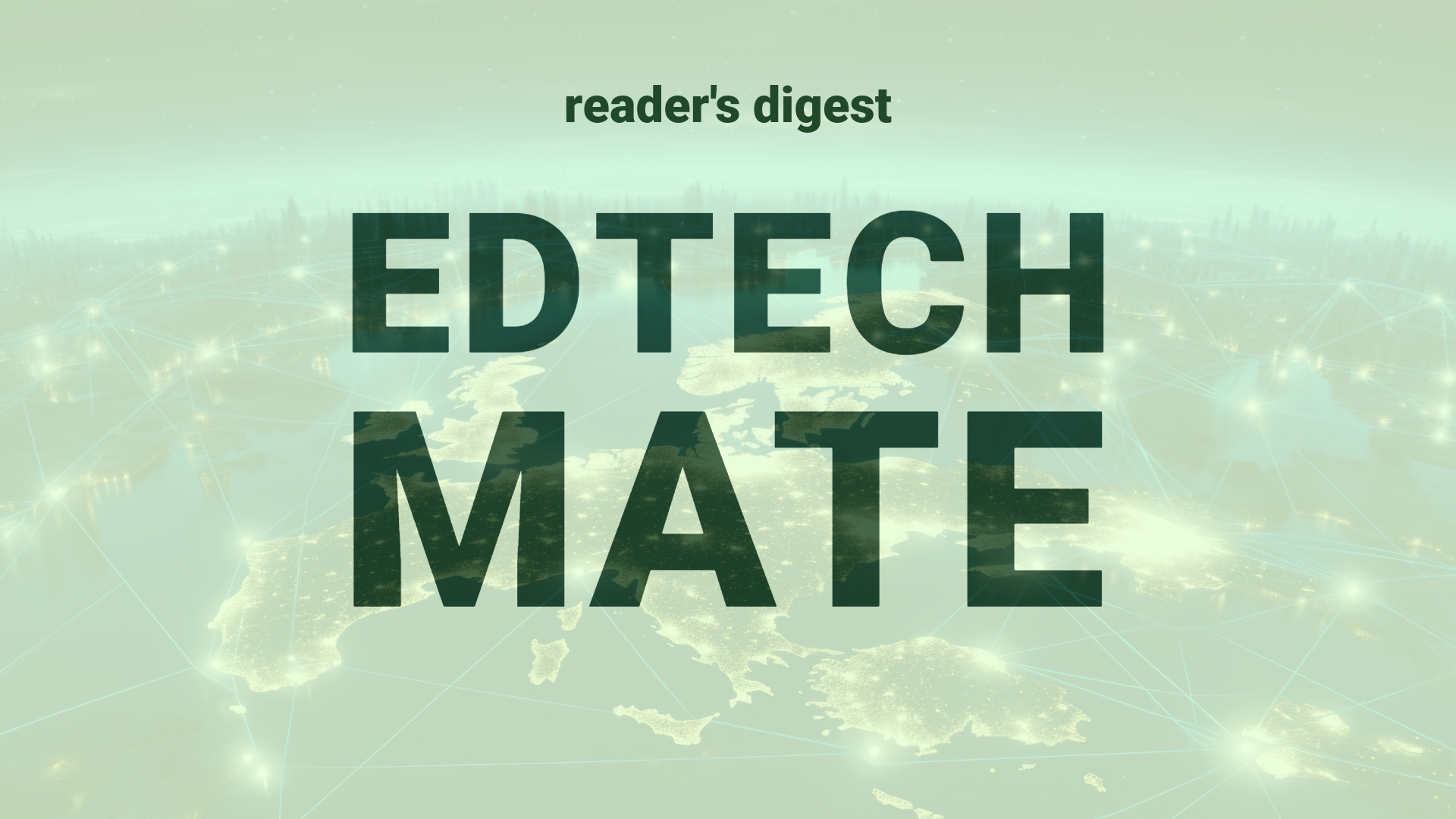Executive Summary and Main Points
The contemporary discourse around Artificial Intelligence (AI) in the workplace presents an intriguing paradox: AI’s ubiquity is acknowledged, but its integration into work environments is not as pervasive. Insights from the “2024 HP Work Relationship Index” shed light on the common hindrances to AI adoption. These include challenges such as workforce perceptions of AI as an amplification to their workload, fears of job displacement, and uncertainty regarding the effective use of AI tools. The strategic utilization of AI stands to streamline workflows, bolster personal productivity, and prompt both organizational and individual growth within the higher education domain.
Potential Impact in the Education Sector
In the realms of Further and Higher Education, as well as in Micro-credentials, AI’s potential lies in transcending administrative burdens, customizing learning experiences, and fortifying research capabilities. AI can act as a catalyst for advancing academic strategies via intelligent automation and data-driven decision-making. Establishing alliances with tech entities can aid institutions in leveraging AI to enhance the value of knowledge workers, anchoring a vision where AI augments rather than replaces human capabilities.
Potential Applicability in the Education Sector
AI applications within the global education framework may include virtual assistants for educators and administrative staff, the use of intelligent systems for personalizing learning paths, and AI-driven analytics to track and predict student performance. Moreover, AI can also streamline research by sifting through extensive data pools, enabling novel discoveries. Encouraging a culture that is AI-savvy across campuses could lead to innovative pedagogical approaches and reinvented academic infrastructures.
Criticism and Potential Shortfalls
While AI promises many benefits, there are genuine concerns about its impact on job security, cultural fit, and ethical considerations. Real-world case studies indicate that AI integration can vary significantly across different international contexts due to varying cultural norms and institutional readiness. Ethical implications may arise concerning data privacy and the potential bias embedded in AI algorithms, requiring sensitive and inclusive discourse to address these issues adequately.
Actionable Recommendations
Implementing AI in global higher education necessitates clear communication regarding its role and benefits. Leadership should prioritize training programs to build AI literacy and promote its strategic use, tailoring AI tools to support rather than supplant human roles. Integrating AI should be undertaken with an ethos of enhancing the educational mission and employ ethical standards that respect the diversity of global academic cultures.
Source article: https://www.cio.com/article/2512920/empower-your-workforce-to-embrace-ai.html

